Giving birth brings many new changes for families, and for the expecting mothers, this also affects their lifestyle and body. Regarding this physical aspect, pregnant moms can expect several changes to their skin, such as the development of melasma and stretch marks, with the most common being acne1.
This phenomenon, now commonly referred to as ‘pregnancy acne’, typically pops up during the first trimester and is caused by rising hormone levels that increase natural oil production. Thus, soon-to-be mothers experiencing outbreaks of pregnancy acne may need to re-evaluate their acne treatments since most standard options might no longer be safe for their babies.
Treatments to avoid
Pregnant women that take many of the prescribed and over-the-counter medications available today, both topical and ingested, may put their developing baby at risk. This is because of the nature of the medication, wherein it enters the bloodstream and can affect the baby.
The American Academy of Dermatology Association advises pregnant women to immediately stop taking the acne medications below2 and visit a dermatology clinic for more appropriate treatments:
- Isotretinoin (e.g. Roaccutane®, Oratane®).
- Topical retinoids (trifarotene, tretinoin, tazarotene, and adapalene).
- Spironolactone (Aldactone®).
Although the skin only absorbs a small percentage of topical retinoids, it is still recommended to avoid them.
Pregnancy-safe acne treatments
Despite being seen as a phenomenon by many, pregnancy acne is no different from the average acne outbreak. These flare-ups go away on their own after childbirth when the body’s hormone levels go back to normal.
But before then, self-care via a good skin care regimen is the best, safest, and most widely recommended approach to treating pregnancy acne. Consider adopting these drug-free acne prevention methods below3 to keep your acne under control today.
- Shampoo regularly: Shampoo your hair daily if your acne tends to develop near your hairline.
- Use a gentle cleanser to wash problem areas: It is recommended to wash your face with your hands, warm water, and mild soap instead of certain products like harsh astringents. Harsh soaps may irritate the skin and cause your acne to worsen. Do note that excessive scrubbing and washing can also irritate your skin.
- Avoid irritants: Steer clear of greasy or oily acne concealers, sunscreen products, cosmetics, or hair styling products. Stick to products labelled non-comedogenic or water-based, as they are less likely to cause acne.
- Be mindful not to squeeze or pick blemishes: Doing so can cause scarring or lead to an infection.
- Watch what touches your skin: As much as possible, keep objects, your hands, and even your hair from making frequent contact with your face. Tight hats and clothing may also pose an issue, especially if you are sweating, since sweat and oils can contribute to acne.
Although most acne medications are not recommended during pregnancy, a few are deemed safe for use, such as those that contain benzoyl peroxide, erythromycin, azelaic acid, and clindamycin3. Blue light and laser treatments are also proven and effective acne treatment methods that are safe for pregnant women under the careful consideration of a dermatologist.
Conclusion
Besides the pregnancy glow, many other changes happen to an expecting mother’s body, like acne outbreaks. And because the most effective acne medications are off-limits during this time, many expecting mothers find it tricky to deal with their outbreaks. Nonetheless, by following the self-care tips above and given enough time, this skin issue will not pose a problem for long.
Should you need help in dealing with the other common skin changes during pregnancy, make an appointment with Dr Angeline Yong of Angeline Yong Dermatology today. Dr Yong is a MOH-accredited and highly experienced dermatologist who can help you navigate these many skin changes and revitalise your skin during and after your pregnancy.
References
Skin conditions during pregnancy. The American College of Obstetricians and Gynecologists. (n.d.). Retrieved May 11, 2023, from https://www.acog.org/womens-health/faqs/skin-conditions-during-pregnancy
Acne dermatology treatments during pregnancy. American Academy of Dermatology. (n.d.). Retrieved May 11, 2023, from https://www.aad.org/public/diseases/acne/derm-treat/pregnancy
Mayo Foundation for Medical Education and Research. (2022, April 26). Pregnancy week by week. Mayo Clinic. Retrieved May 11, 2023, from https://www.mayoclinic.org/healthy-lifestyle/pregnancy-week-by-week/expert-answers/pregnancy-acne/faq-20058045#:~:text=Generally%2C%20skin%20treatments%20containing%20erythromycin,benzoyl%20peroxide%20and%20azelaic%20acid


